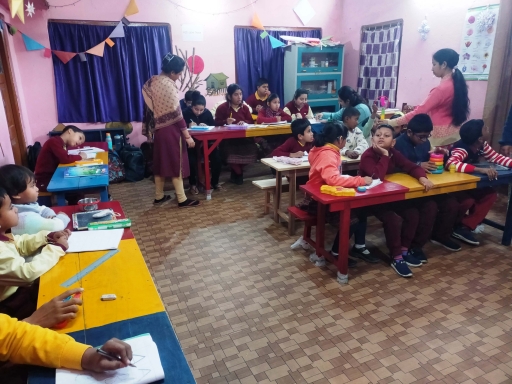
Special education, also called special needs education, the education of children who differ socially, mentally, or physically from the average to such an extent that they require modifications of usual school practices. Special education serves children with emotional, behavioural, or cognitive impairments or with intellectual, hearing, vision, speech, or learning disabilities; gifted children with advanced academic abilities; and children with orthopaedic or neurological impairments. See also deafness; blindness; speech disorder; mental disorder; gifted child; childhood disease and disorder; learning disabilities. The goals of special education are similar to the educational goals for ordinary children; only the techniques for attaining them are different. An effort is made, for example, to teach all children with special needs (except those unable to profit at all from school experience) to read. Children who have learning and mental disabilities require prolonged periods of intensive and more-individualized instruction; for them the learning process might include techniques to maintain interest, more active participation, and much more repetition of similar material in varied form. Children with severe sensory handicaps (such as deafness and blindness) must learn to read through other sense modalities. Deaf individuals learn to read through visual methods, while blind individuals learn to read Braille through the tactile sense. The goals of special education are similar to the educational goals for ordinary children; only the techniques for attaining them are different..

